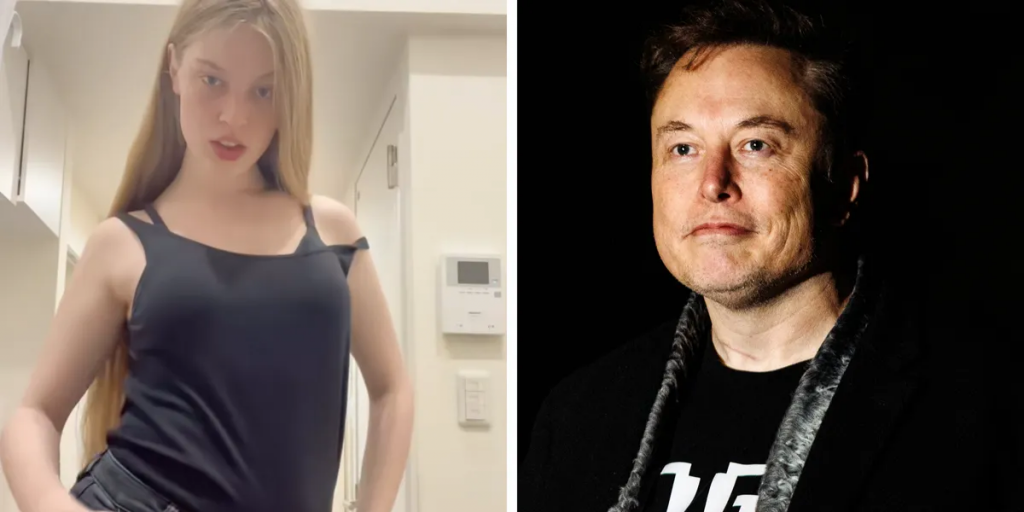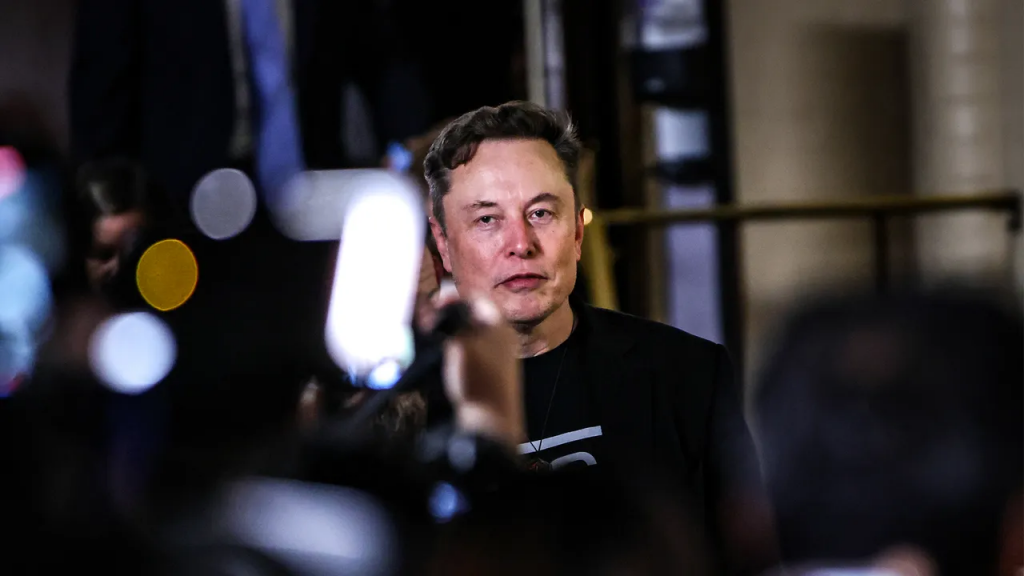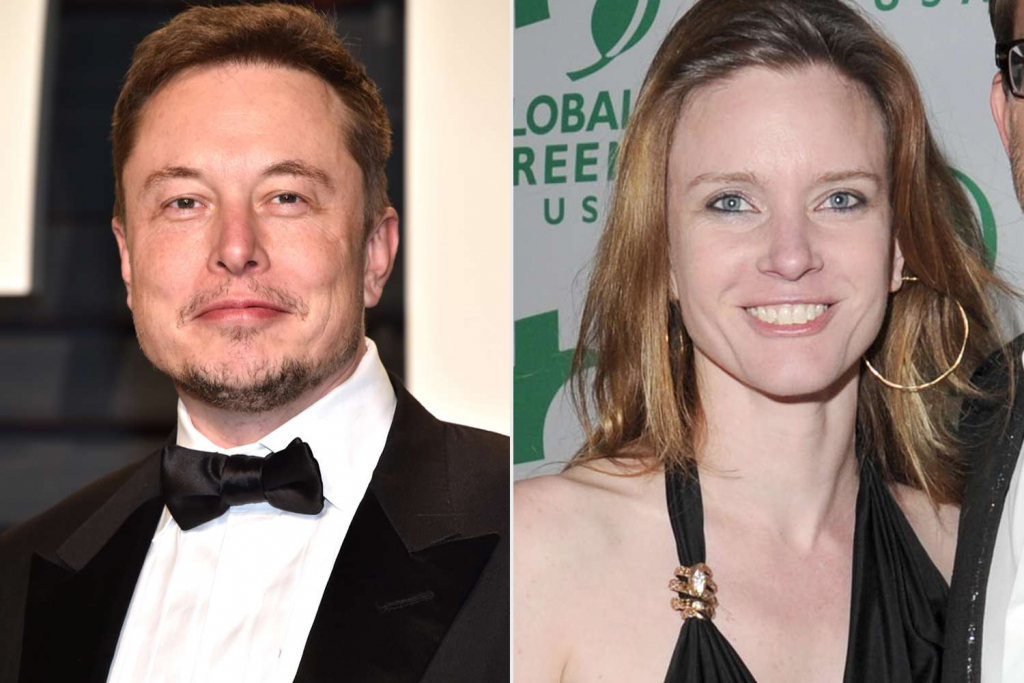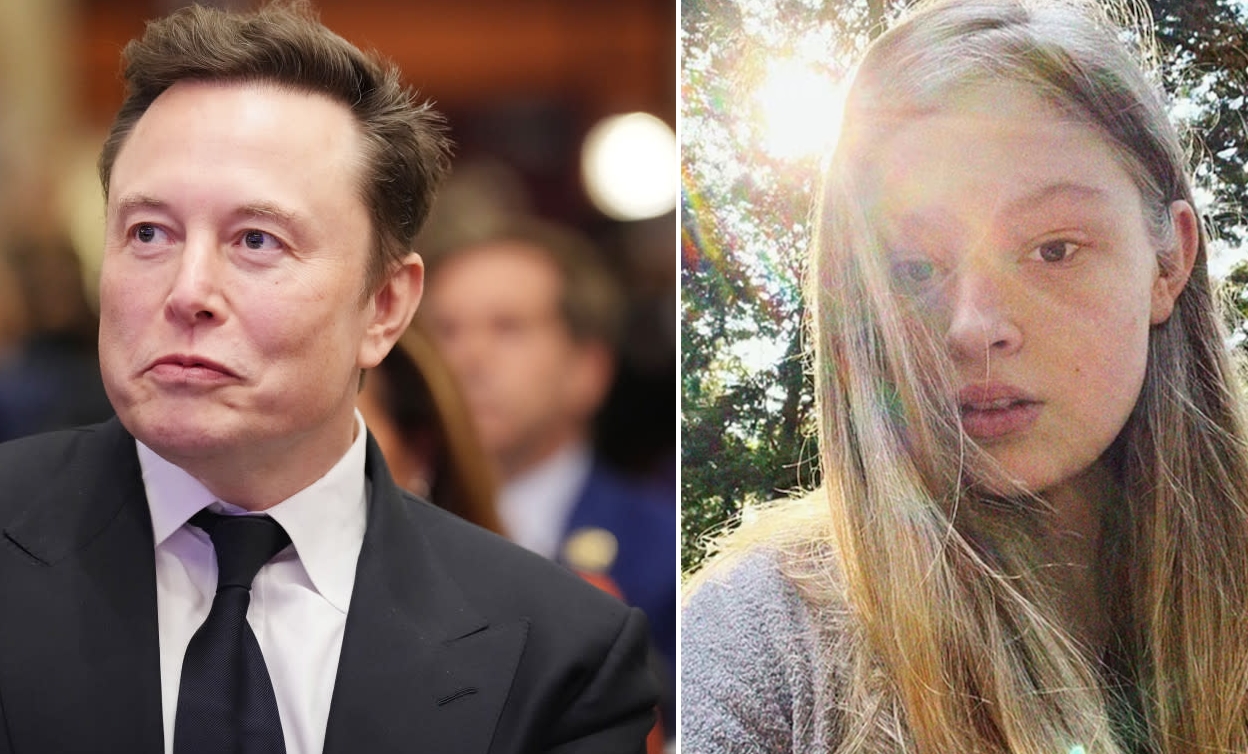Elon Musk’s relentless vision of building a human colony on Mars has been both celebrated and criticized for years. But the most scathing critique may have just come from someone closest to him—his own daughter. In a striking public moment, Vivian Jenna Wilson, Musk’s estranged daughter, didn’t mince words as she openly dismissed the plan with a cold four-word verdict: “It’s not happening, people.”
Vivian, who has been publicly distant from her father in recent years, spoke out during a live online appearance. Her words weren’t just sharp—they were personal. She didn’t just question the logistics of a Mars colony; she called the entire dream a fantasy dressed up in flashy ambition. To her, Musk’s interplanetary aspirations aren’t a glimpse into the future, but a carefully curated illusion powered more by hype than science.

She pointed to how easily people fall for grandeur, suggesting that even a quick internet search could poke holes in the plan. Her tone was cutting, but also confident. As someone who grew up in the shadow of Musk’s empire, Vivian didn’t just speak as a critic—she spoke as a witness. Someone who watched the machinery of myth-building up close and saw the gears behind the spectacle.
But it wasn’t only the Mars narrative that she went after. Vivian didn’t hesitate to question the foundation of Tesla either. She likened the electric car giant to a Ponzi scheme, pointing out the company’s disproportionately high valuation and accusing it of thriving more on perception than product. According to her, Tesla is less about transportation and more about manipulation.

Her commentary extended into the deeply personal, recalling moments from her childhood that were far from picture-perfect. She described incidents where Musk allegedly berated employees while she sat nearby, shocked by the intensity of his temper. These reflections painted a portrait not of a visionary leader, but of a man driven by insecurity and obsessed with control.
Vivian’s criticism went even deeper, touching on her father’s political transformation. Though some have speculated that Musk’s shift toward more extreme views was triggered by her coming out as transgender, she firmly denied that narrative. In her own blunt way, she said she wasn’t responsible for “him becoming a loon,” pushing back against the idea that her identity caused the fracture.

It’s rare to hear such raw words from someone who has lived so close to one of the most powerful figures in tech. While Elon Musk continues to build rockets, redefine industries, and court controversy, his daughter offers a counter-narrative—one grounded not in space travel or AI, but in the lived reality of a fractured relationship.
Her voice adds complexity to the public image of Musk as an untouchable innovator. It serves as a reminder that beyond the headlines and Twitter threads are real human dynamics. No amount of capital or ambition can shield anyone from the messiness of family, especially when that family becomes a reflection of everything they’re trying to escape.

Vivian’s statements were bold, brutal, and emotionally charged. But they were also a testament to her own clarity. She isn’t interested in building rockets or changing the world through tech. Her focus seems to be on dismantling illusions—and in doing so, reclaiming her story from the vast orbit of her father’s legacy.

For those who have followed Musk’s journey from PayPal to SpaceX, her words strike a sharp contrast. While he looks toward the stars, his daughter remains firmly grounded, offering a view of the man behind the mission that many won’t soon forget. Her voice may be just one in a crowd, but it echoes loudly through the glossy narratives surrounding Musk’s empire.
